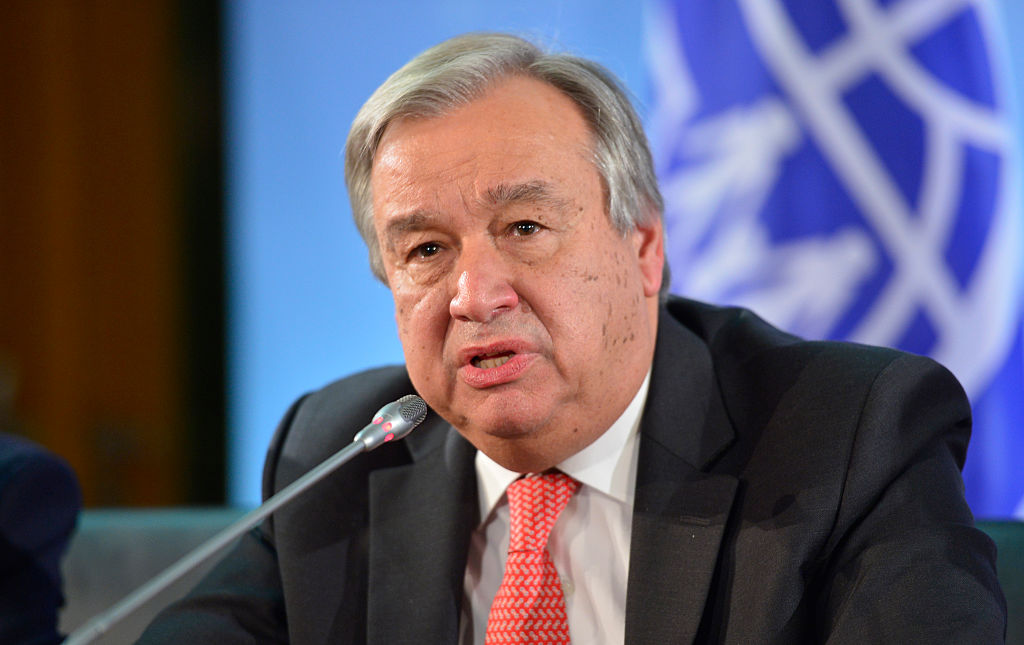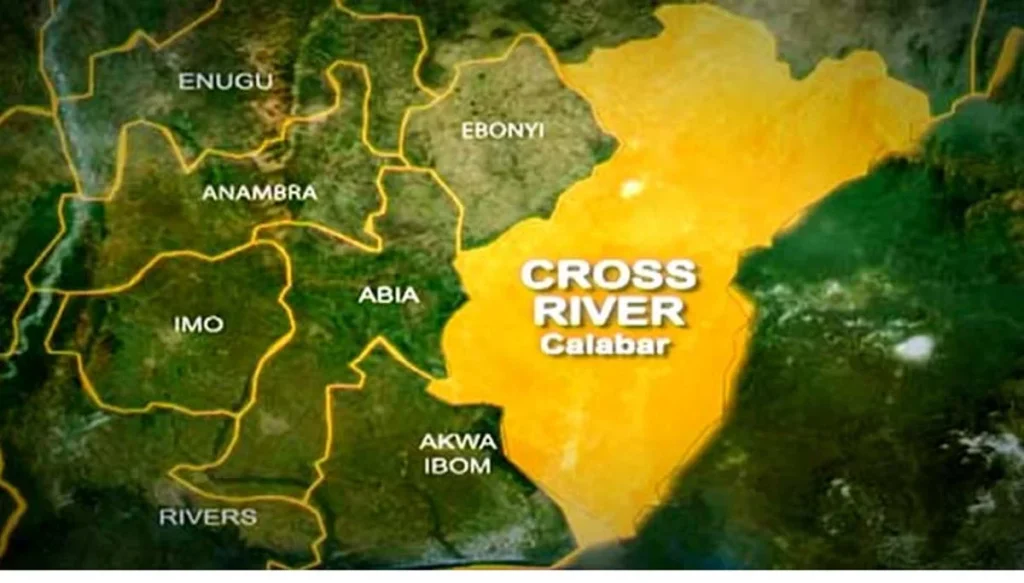Kingsley Moghalu, former Deputy Governor of the Central Bank of Nigeria, has expressed concerns over the government’s demand for increased taxes from citizens. According to Moghalu, the request is unfair given the prevalence of corruption and mismanagement of funds by the country’s leaders.
In a recent statement, Moghalu questioned the utilization of oil revenues and borrowed funds, emphasizing the need for transparency and accountability in governance. He noted that the political class in Nigeria lacks transparency, describing them as “self-entitled elites.” Moghalu acknowledged that tax reforms are necessary, but stressed that addressing corruption and waste in governance is crucial to ensure that the burden on ordinary Nigerians is justified.
The former CBN governor highlighted the importance of accountability in governance, stating that it is a core principle that is currently lacking in Nigeria. He emphasized that before demanding additional taxes from citizens, the government must provide clear answers on how revenues from oil and borrowed funds have been spent. Moghalu’s comments come at a time when Nigeria is grappling with economic challenges, including a significant revenue shortfall and a growing debt burden.
The Nigerian government has been seeking to increase tax revenues to finance its budget and meet its development goals. However, the move has been met with resistance from citizens who feel that the government has not done enough to address corruption and ensure transparency in its dealings. Moghalu’s statement has added to the growing debate on tax reforms and governance in Nigeria, with many calling for greater accountability and transparency in the management of public funds.
As the Nigerian government continues to seek ways to address its economic challenges, the issue of tax reforms and accountability is likely to remain a key area of focus. The government will need to balance its desire to increase tax revenues with the need to ensure that citizens are not unfairly burdened, and that revenues are utilized effectively to meet the country’s development needs.


